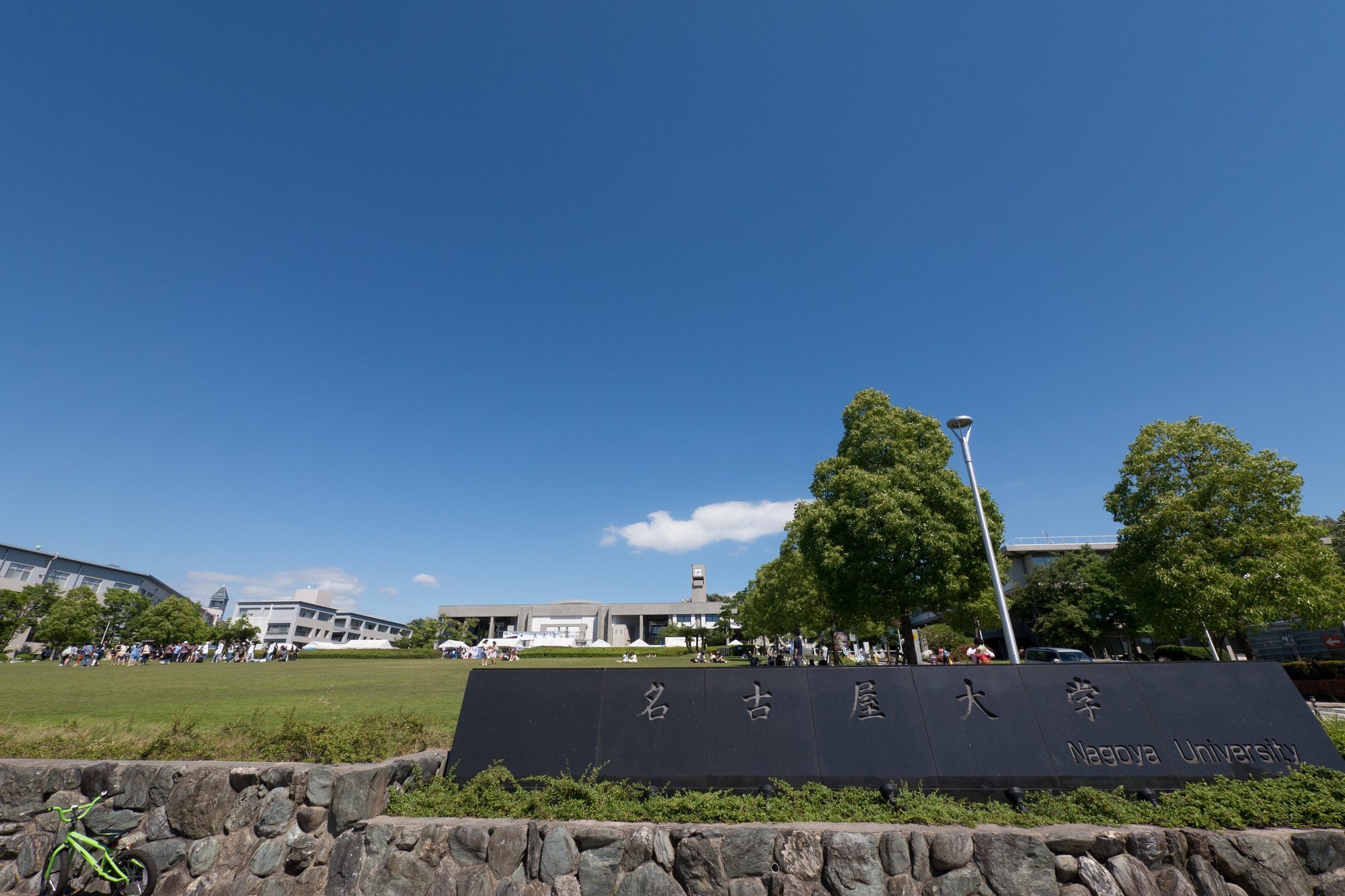A joint research group of the University of Tokyo, Kyushu University, Nagoya University, Panasonic Industry Co., Ltd. and others has succeeded in performing highly accurate personal authentication by sensing exhaled gas with an artificial olfactory sensor.
Biometrics technology using biometric gas is less prone to changes due to trauma and information forgery than conventional methods using physical information, and it is difficult to spoof for a long time by theft because it is consumed once it is used. Although it has advantages, the problem with skin gas, which has been mainly studied so far, is that the concentration of molecular groups contained is too low with respect to the detection limit of the sensor.
This group focused on exhaled gas, which has a concentration of constituent molecules that is about three orders of magnitude higher than that of skin gas.It was found that breath gas also contains many components that are common to skin gas, and that each individual has a different pattern of breath components.
Therefore, we constructed an artificial olfactory sensor composed of 16 kinds of polymer materials and conductive carbon nanoparticles.Furthermore, as a result of applying machine learning by artificial intelligence to the breath sensing data obtained via the artificial olfactory sensor and analyzing it, individual authentication for 20 people was performed by utilizing the sensor response of different patterns for each individual. Is said to have been achieved with a high accuracy of 97% or more.
As a result, we succeeded in demonstrating the principle of personal authentication based on chemical information obtained from biological breath, but it is necessary to develop a sensor for identification of a larger number of people for practical use.In this research, it was also observed that the identification accuracy tends to improve as the number of sensors used increases, and if the performance of the artificial olfactory sensor can be improved based on this knowledge, it will lead to the realization of high-security biometric authentication technology. Is expected.
Paper information:[Chemical Communications] Breath odor-based individual authentication by an artificial olfactory sensor system and machine learning



